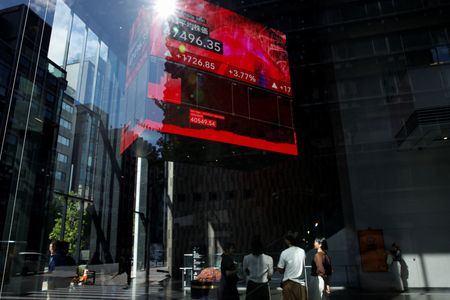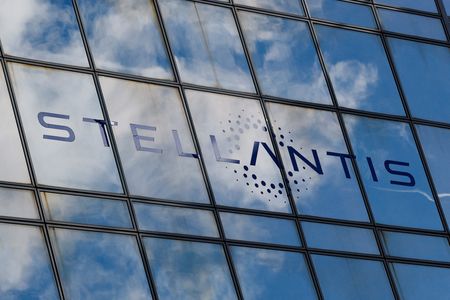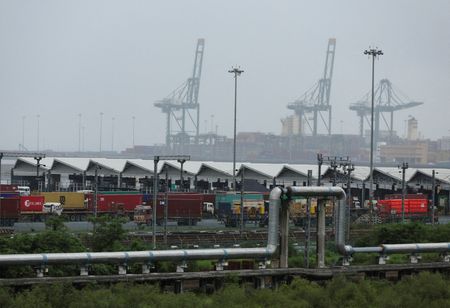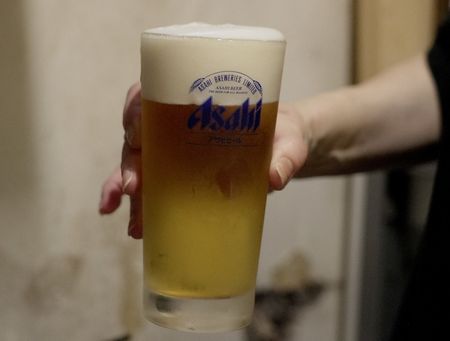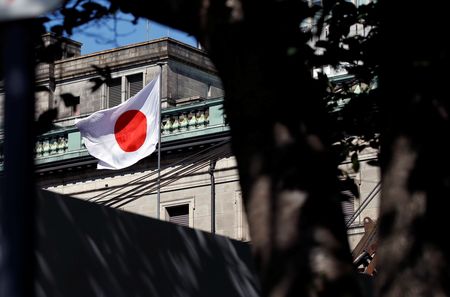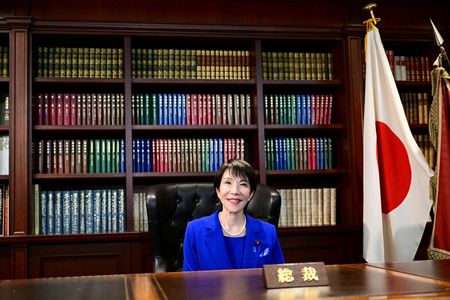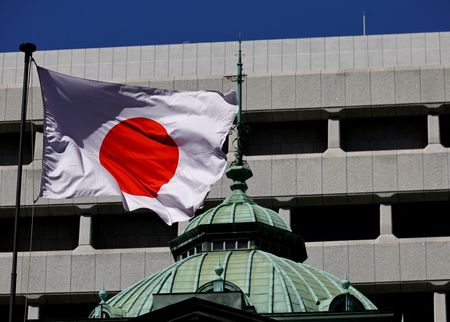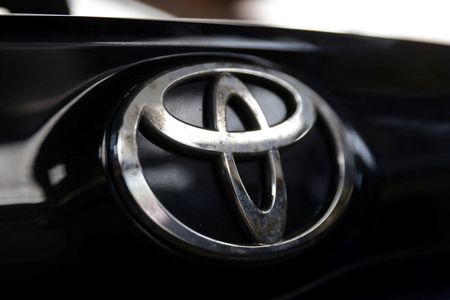By Yuka Obayashi and Katya Golubkova
TOKYO (Reuters) -Shares in Japanese renewable energy company Renova plunged more than 11% on Monday, making it the biggest loser on the Tokyo Stock Exchange’s prime market, after Sanae Takaichi looked set to become Japan’s next prime minister.
The sharp drop came amid speculation that a Takaichi leadership could hurt prospects for conventional solar-related businesses, as she has been sceptical of big solar projects.
Takaichi has called for limits on large solar panel projects, arguing many panels are made overseas, notably in China, and mega-solar installations could damage Japan’s scenery and natural environment.
Renova shares were down 11.34% at 844 yen as of 0545 GMT. Shares in West Holdings, a standard market-listed solar panel company, also fell more than 11%.
Takaichi has expressed support for promoting perovskite solar cells, a next-generation technology developed in Japan, and has been a strong advocate of nuclear power.
Shares in Sekisui Chemical, which is involved in perovskite development, and K&O Energy Group, a materials supplier, both rose more than 7%.
FOCUS ON NUCLEAR POWER, AGAIN
Before the 2011 Fukushima disaster, Japan was running 54 nuclear reactors, and it had started to gradually relaunch them over the past few years pending safety checks. As of end-September, there were 11 reactors in operation, with a combined capacity of 10.4 gigawatts.
A higher share of nuclear power in Japan’s energy mix could contribute to lower electricity bills, and candidates for leader of the Liberal Democratic Party have been focusing on bringing sticky inflation under control.
Japan spent 10.7 trillion yen ($71.15 billion) last year on imported liquefied natural gas and coal, or a tenth of its total import costs. Imported fossil fuels account for around 60-70% of Japan’s electricity generation, adding to inflation.
Prime Minister Shigeru Ishiba announced his resignation last month after his ruling coalition lost its majorities in elections for both houses of parliament amid voter anger over rising living costs.
Shares in Japan Steel Works jumped 14.63% on Monday, as investors bet on Takaichi’s strong support for nuclear power.
“Public support for nuclear power started rebounding a few years ago in the face of the higher cost of imported energy because of Russia’s invasion of Ukraine,” said David Boling, a director at Eurasia Group consultancy.
“But local opposition to nuclear power plant restarts is still a significant obstacle, even if the wider public supports more restarts.”
($1 = 150.3900 yen)
(Reporting by Yuka Obayashi, Mayu Sakoda and Katya Golubkova; Editing by Jamie Freed, Alexandra Hudson)

